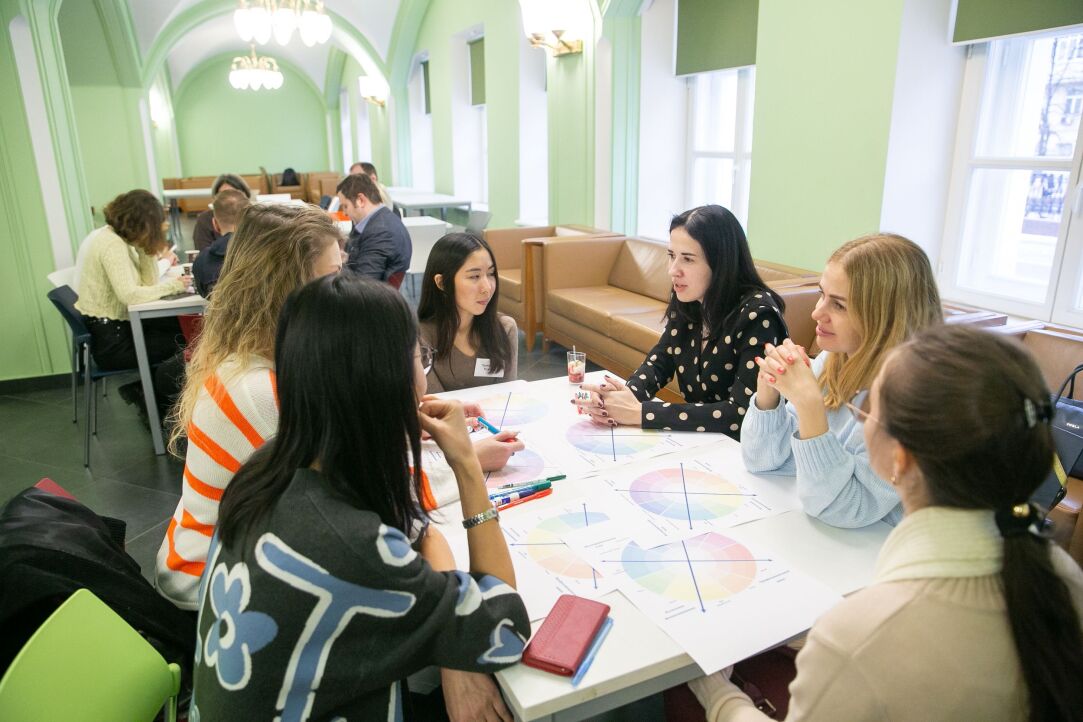
‘This Is an Attempt to See if Science Fits You’
HSE University has hosted the latest in a series of adaptation seminars for research assistants. Representatives of the Centre for Scholarly Integration and the Centre for Student Academic Development told aspiring scientists about the opportunities afforded by participation in projects at HSE’s scientific laboratories, while experienced research assistants shared their cases.

HSE University Students Win in the AIJ Science Competition at AI Journey 2023
The International Sber Conference of Artificial Intelligence, ‘AI Journey 2023’ recently took place in Moscow. Alexander Rogachev, doctoral student of the HSE Faculty of Computer Science, and Egor Egorov, an HSE 4th-year undergraduate student became the winners of the AIJ Science competition for scientific articles on artificial intelligence that was held as part of the event. The research was carried out under the umbrella of the HSE's Laboratory of Methods for Big Data Analysis (LAMBDA).

Games Facilitate Stroke Patients' Recovery
An international group of scientists including researchers from HSE University has proposed a novel approach to rehabilitating patients with motor disorders. According to the researchers, more effective recovery can be achieved by granting patients the freedom to choose their movements and providing an appropriate system of rewards for engaging in the prescribed exercises. The opinion paper has been published in Neurorehabilitation and Neural Repair.

Measuring Pitch Frequency Can Help Train AI to Accurately Recognise Emotions
A new algorithm that enables precise measurement of the pitch frequency of a speech signal, a crucial parameter for identifying emotions and diagnosing illnesses, has been introduced by researchers at HSE Campus in Nizhny Novgorod. This method can operate in a noisy environment, in real time and with fewer computing resources than any currently existing analogues. The results of the study have been published in the Journal of Communications Technology and Electronics.
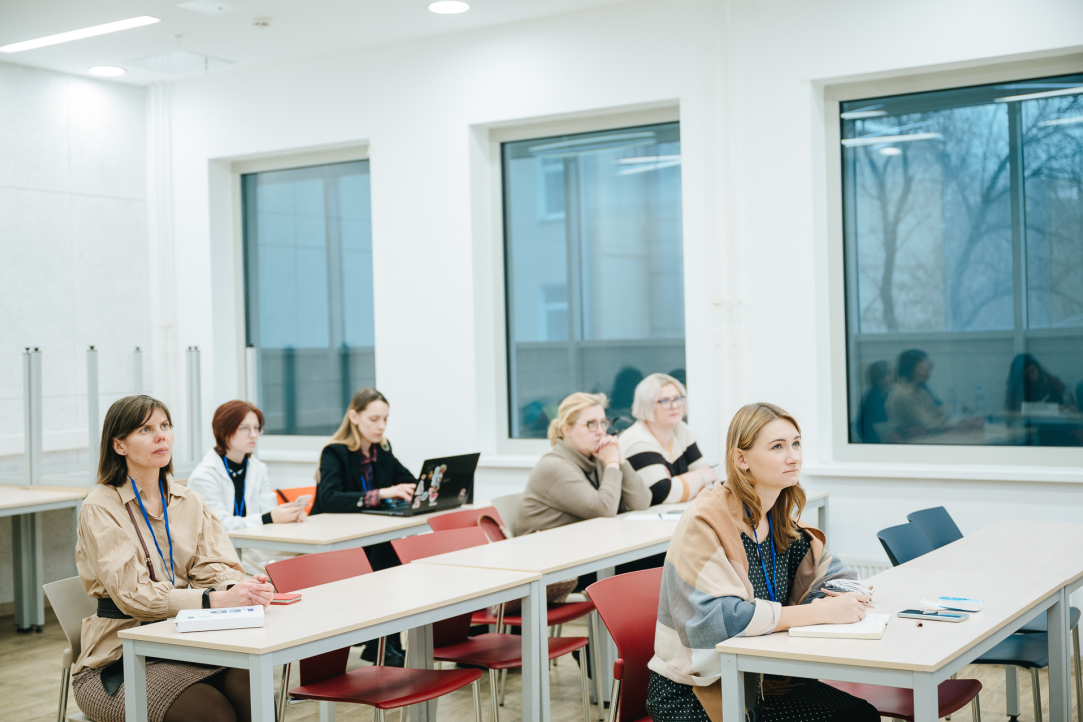
Foreign Language Specialists Share Insights from Teaching and Research Experience
On November 29–30, HSE University hosted the Third International Online Conference 'Languages, Education, Development' (HSE LED Conference). The conference was attended by more than a thousand participants, including researchers and teachers, methodologists, language education experts, administrators, and business representatives. They discussed the challenges of teaching and learning languages in today's world and presented their research findings.
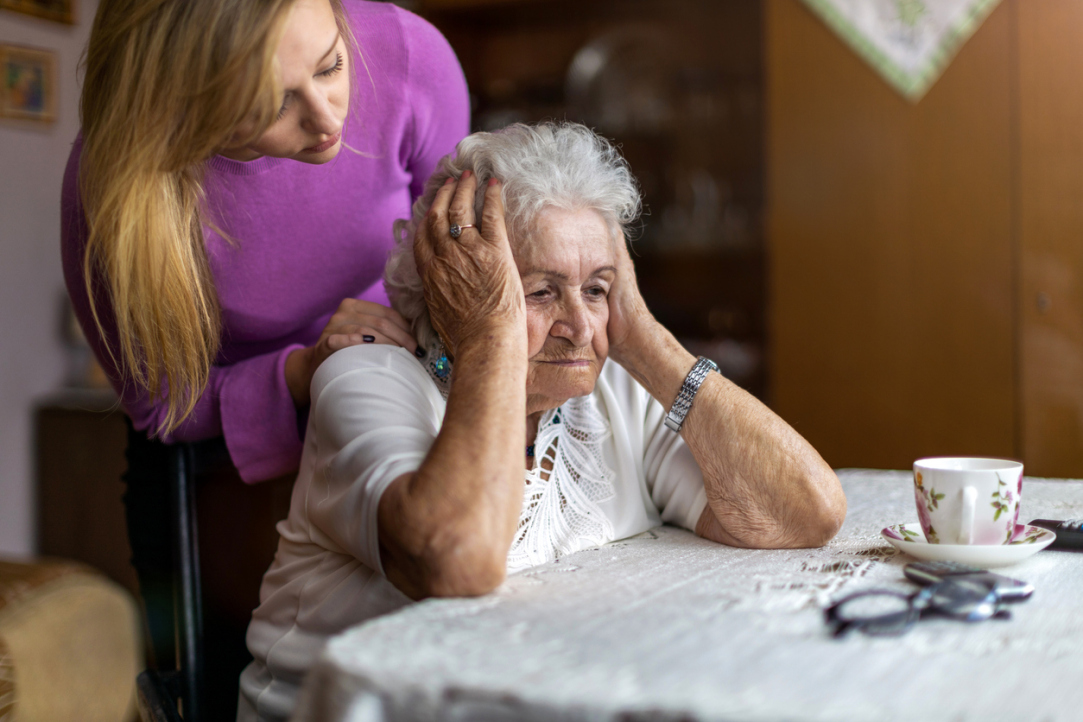
Complaints about Language Performance Not Always Correlated with Objective Cognitive Deficits in the Elderly
A team of researchers from the HSE Centre for Language and Brain and Alexeev Mental Health Clinic examined the relation between subjective complaints about language function and objective language performance in elderly people with mild cognitive impairment. It was found that the severity of subjective complaints exhibited only a moderate association with actual performance in language tasks. Participants in the study who expressed higher concerns about their language function compared to their memory faced greater difficulties with language tasks.
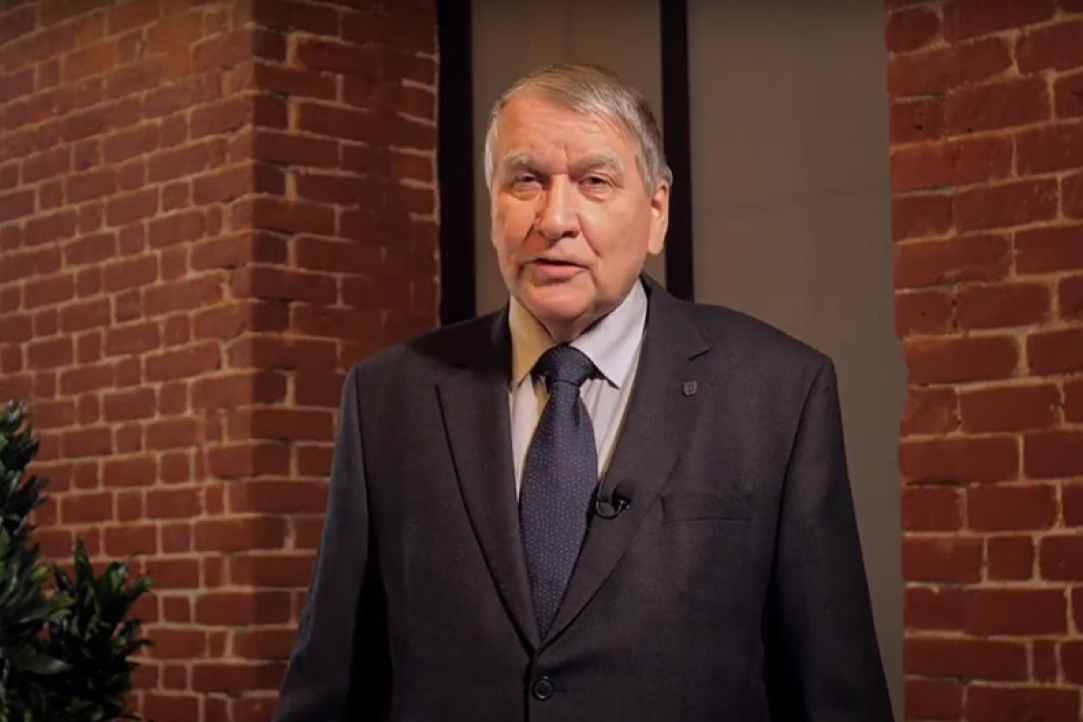
‘Passing on Knowledge and Expertise to New Generations Gives Me Great Pleasure’
Valery Kalyagin, Professor at the Department of Applied Mathematics and Computer Science and Tenured Professor at HSE University in Nizhny Novgorod, has been named a laureate of the national ‘Professor of the Year’ award in the Central Federal District.

Microlasers with Quantum Dots Remain Functional at Elevated Temperatures
Researchers from the HSE International Laboratory of Quantum Optoelectronics in St Petersburg have explored the impact of resonator size on the operating temperature of a microdisk laser with quantum dots in a two-level generation mode. Their findings reveal that microlasers can produce radiation across multiple frequencies, even under elevated temperatures. In the future, this breakthrough will enable the integration of microlasers into photonic circuits, potentially doubling information transmission capabilities. The study findings have been published in Nanomaterials.
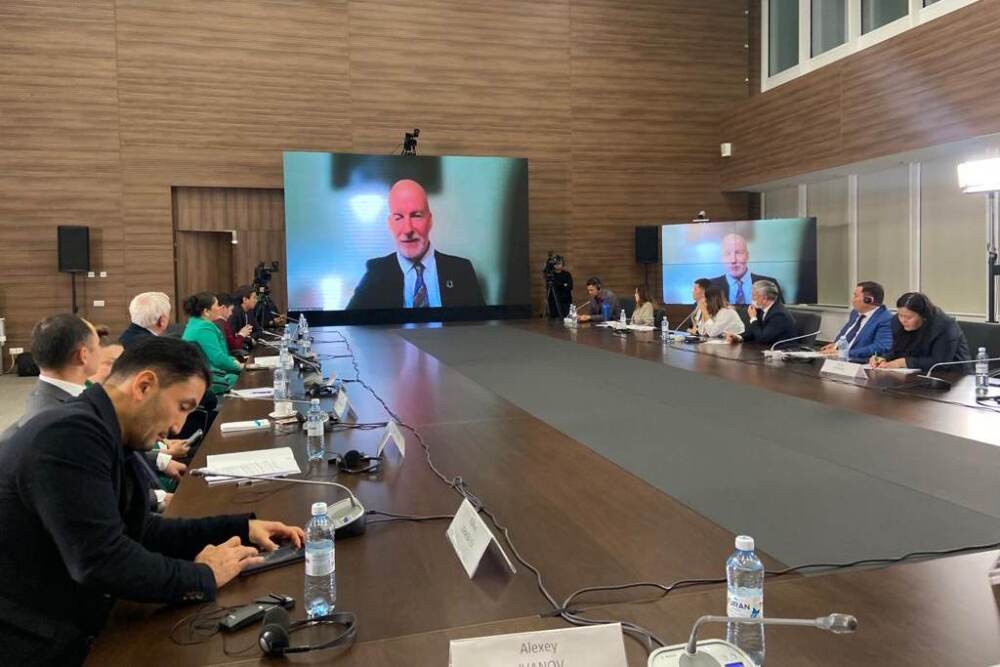
Experts from HSE University Explore Prospects for Carbon Farming in Kazakhstan
HSE University’s International BRICS Competition Law and Policy Centre and the university’s Centre for Technology Transfer, together with the International Institute for Applied Systems Analysis (IIASA, Vienna), have released a draft version of the research report ‘The Carbon Farming Industry in Kazakhstan: Unlocking Opportunities.’ Experts from the UN Convention to Combat Desertification and the Kazakhstan-based TALAP Centre for Applied Research also took part in the project.
‘The Joy of Science Lies in the Euphoria of Learning’
For Elena Nozdrinova, mathematics is her life's work and a realm where she discovers universal order and harmony. In her interview with the HSE Young Scientists project, she speaks about dynamical systems, the Nizhny Novgorod scientific school, and favourite pastimes that help her grow.

